Here's some general guidance on things you can try to reduce energy usage in your home.
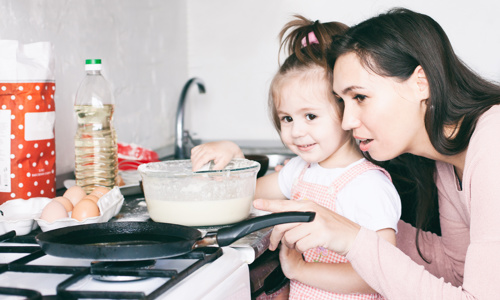
Cooking
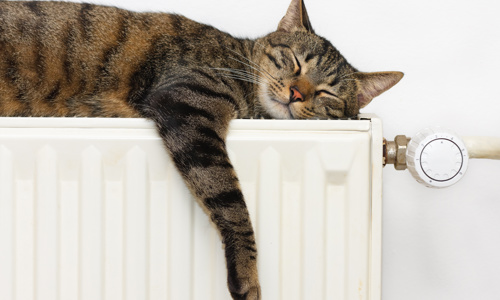
Heating
- Turn down your thermostat. Every 1 degree down saves 7% on your total bill, £175 per year on average. Heat for less time and heat less rooms (e.g. by switching off the radiators in unused rooms) if you can.
- Use the thermostat and the radiator valves to control the temperate in each room. Try using a thermometer to check you’ve got the settings just right
- You should aim for 18c in the living areas and 16c in the bedrooms. (Remember, below 16c in a room can pose a risk to health).
- In the day it is important to try to use as much natural - and free - heat (in the form of sunlight) as possible. But when dusk falls, closing your curtains will help your home retain that heat. This helps keep warmth in the room – but try not to drape them over radiators.
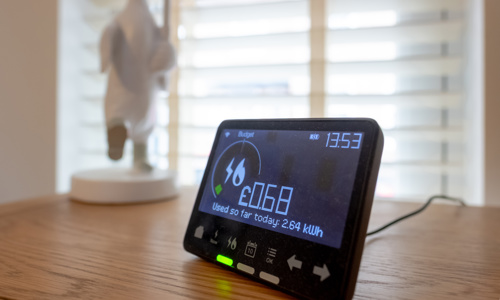
Electricity
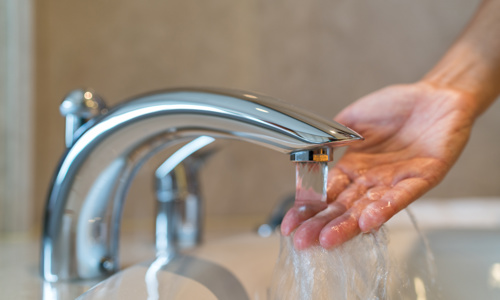
Water
- Saving water and saving energy go hand in hand – tap aerators and low flow shower heads are often free from your water company and will reduce hot water use.
- Only run your dishwasher when it is full.
- Keeping your shower time to just 4 minutes could save a typical household £70 a year. Buying a more efficient shower head can also save on energy bills, especially if you have a water meter
- Swapping just one bath a week with a 4-minute shower could save you £12 a year on your energy bills.
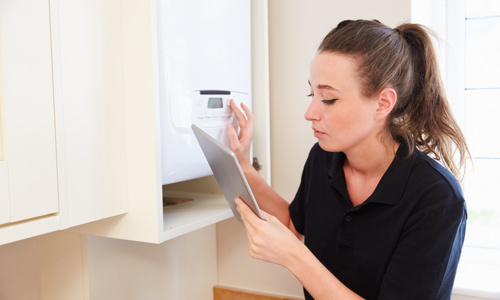
Adjust your boiler
- Stored hot water should be set at 65C to prevent legionella
- If you have a combi boiler at home - you don't have a hot water cylinder and there is a (usually white) plastic pipe under the boiler - you may wish to consider turning down the heating flow temperature.
- On the front - sometimes behind a flap - look for a dial or set of buttons with a radiator icon.
- You may also want to turn off the hot water pre-heat. Many boilers come on every few hours - night and day - to ensure there's always some hot water available. Most homes don't need this, and turning it off saves money.
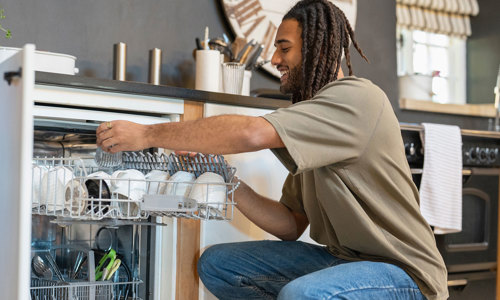
Household tasks
- Do full laundry load - Half-load settings save very little energy, so a full load is much more energy efficient. Do fewer (but fuller) washing loads instead.
- Use the eco setting - On your dishwasher or boiler, an eco setting heats water more slowly, using less energy. You get the same results; it just takes a little longer.
- Turn down the temperature - Washing at 30 degrees rather than 40 degrees can help reduce your energy usage.
- Avoid the tumble dryer - Avoid using a tumble dryer for your clothes: dry clothes on racks inside where possible or outside in warmer weather to save money.
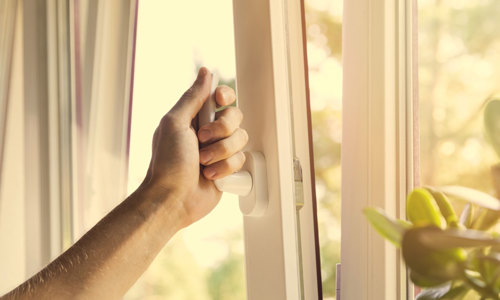
Keeping cool
- Keep the blinds closed - During the day, close curtains or blinds especially on windows facing the sun to block out heat
- Drink plenty of water - Stay hydrated by drinking plenty of cold water throughout the day. This will help your body stay cool
- Dress lightly - Wear lightweight, loose-fitting clothing, preferably made from natural materials like cotton, to help your body stay cool
- Use cool bedding - Consider swapping to cotton sheets and removing heavy duvets. A thin cotton sheet can also be used as a light cover
- Cool your wrists - Run your wrists under cold water for a few seconds each hour. This can help cool your whole body
- Avoid heavy meals - Eating heavy meals can make your body work harder and generate more heat. Opt for lighter meals like salads or fruit
- Turn off unnecessary appliances - Appliances generate heat when they're in use. If un-needed, switch them off to keep your home cooler
- Create a draft - Open windows on the opposite sides of your home for a few hours in the early morning or late evening when it's cooler to create a nice breeze
- Use a cool flannel - A damp flannel on your forehead or the back of your neck can provide instant relief from the heat
- Avoid using the oven - Cooking can increase the temperature of your home. On hot days, opt for meals that don't require cooking
- Take a cool shower or bath - Taking a cool shower or bath can help lower your body temperature.

